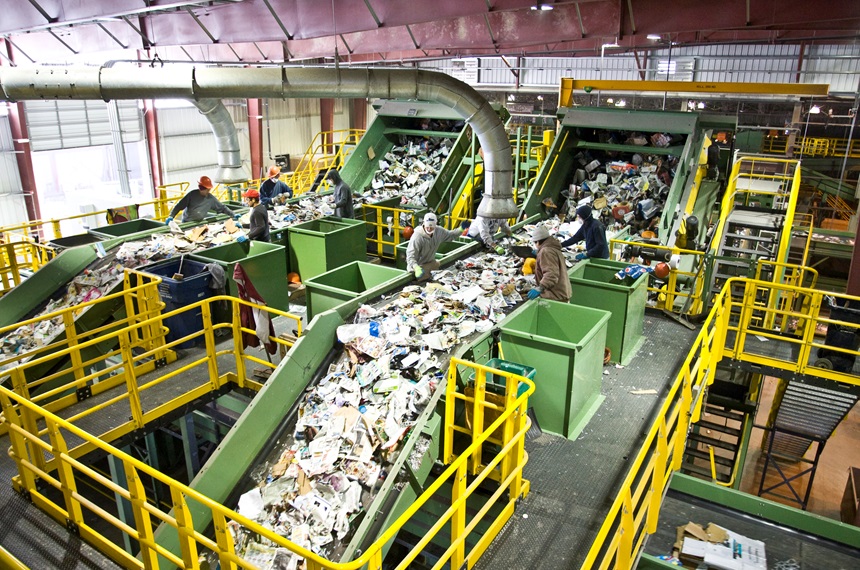
Directive on Stimulating the processing of used materials
Focusing on a problem of the accumulation of waste, RRiF will show how Croatia is trying to stimulate companies in the processing of used materials using option that was given in VAT Directive 2006/112/EC.
This Directive gives the opportunity to provide that the person liable for payment of VAT is the taxable person to whom are made the supplies of used material, used materials which cannot be reused, scrap, industrial and non-industrial waste, recyclable waste, part processed waste and certain goods and services, which Croatia implements.
Through lecture and and interactive workshop, project partners will have the opportunity to learn how this Directive is implemented in Croatia, what are the benefits and they will use this knowledge for further development of the CSR guide, other materials and their educational programs. RRiF will invite relevant stakeholders, company representatives and important decision makers who will share their practices and experiences regarding the mentioned subject.
Educational materials regarding this topic can be found below:
UNIJA NOVA D.O.O (VALENTINA KEBLAR)
CROATIA'S MINISTRY OF ENVIRONMENT (SANJA RADOVIC JOSIC)
TRUCOST
Coffee Cups, An Unknown Quantity
12.03.2018.
Annually in the United Kingdom 2.5 billion disposable coffee cups are thrown into rubbish bins. This figure equates to 7 million each day, and enough coffee cups to circle the earth five and a half times each year. Although pretty much all of these coffee cups end up in a bin, how many of them are actually recycled?
more...Monitoring the progress towards circular economy
16.02.2018.
In the transition to a more circular economy, monitoring the key trends is important to understand how the various elements of the circular economy are developing over time and how different actions and policies are contributing towards reaching objectives of circular economy. As part of its effort to implement the Circular Economy Action Plan, in January 2018 the European Commission adopted a new set of measures, including a simple and effective monitoring framework.
more...New European waste legislation
29.12.2017.
After three years of discussions, the European Parliament and Commission reached an agreement with Member States to boost recycling targets and waste prevention across Europe, together with a compromise with Member States on crucial waste laws to accelerate the transition to a circular economy in Europe. Creating a truly circular economy in Europe means having an efficient, accurate and coherent way of seeing how much material is put back into the value chain and recycled...
Waste as a business opportunity
19.12.2017.
In 2015, the European Commission put forward an Action Plan for the Circular Economy with an aim to “to help European businesses and consumers to make the transition to a stronger and more circular economy where resources are used in a more sustainable way.” In a circular economy the value of products and materials is maintained for as long as possible, waste and resource use are minimised, and when products reach the end of their life, they are used again.
more...The importance of waste prevention in sustainable waste management
02.11.2017.
Waste prevention is the first and often the most important step in waste management hierarchy, but also in a broader perspective of an efficient and sustainable resource management. According to the Waste Framework Directive, reducing the amount of waste generated at source and reducing the hazardous content of that waste is regarded as the highest priority. Waste prevention is closely linked with improving production methods and influencing consumers to demand greener products and less packaging.
more...Life cycle thinking in sustainable waste management
03.10.2017.
While following the five-step waste hierarchy should generally lead to the most resource-efficient and environmentally friendly way of dealing with waste, the best choice in a particular situation often depends on a number of specific conditions. In other words, departing from the waste hierarchy is sometimes necessary and Life Cycle Thinking can be used to complement the waste hierarchy in order to identify the best solution for every particular situation.
more...The importance of waste hierarchy in circular economy
15.09.2017.
Article 4 of the Waste Framework Directive introduced a highly influential notion of waste hierarchy, which has established an order of preference for actions in sustainable waste management in order to minimize the amount of waste generated and to improve overall waste management process.
In place of traditional waste management approach consisting of three R’s (Reduce, Reuse, Recycle), the European Union has introduced a more elaborate five-step waste management hierarchy...
E-waste: the fastest-growing waste stream in the EU
28.07.2017.
Waste of electrical and electronic equipment (WEEE) such as household appliances, computers, television sets and mobile phones is one the fastest-growing waste streams worldwide: the 2012 UN report projected that by 2017 global e-waste will increase a further one third from 49.7 million to 65.4 million tons annually. The increase in total amount of e-waste produced is due to multiple factors, such as rapid technology changes, lowering of initial costs, consumer demand, built-in obsolescence and short lifespan of products.
more...Prelog: Best practice in sustainable waste management in Croatia
04.07.2017.
There are several Croatian municipalities with waste management system so advanced that they surpassed not only national recycling rates, but also the European average.
The seven municipalities from Lower Međimurje region, including the city of Prelog and the districts of Goričan, Donji Kraljevec, Sveta Marija, Donji Vidovec, Donja Dubrava and Kotoriba, have in recent years established themselves as international leaders in sustainable waste management...
A growth in grassroots upcycling social enterprises from a Birmingham perspective
07.06.2017.
There is a major surge at grassroots level currently in the UK, of social organisations who are reusing waste and discarded items and recreating completely new items which are then sold on to make a profit. The breadth of organisations in terms of size vary between sole traders to larger organisations with up to 10 employees.
more...Redefining waste: the case of Material Mafia
31.05.2017.
During the second learning activity in Berlin, Hi4CSR consortium paid a visit to Material Mafia, a grassroots social enterprise based in the district of Berlin-Kreuzberg that explores questions around waste management and waste prevention. Material Mafia’s Simone Kellerhoff showed the consortium innovative and creative ways of upcycling and reuse of used materials, as well as the importance of waste reduction through redistribution, education and networking.
more...New developments regarding the implementation of the Waste Management Plan in Croatia
01.05.2017.
Two months after the adoption of the Waste Management Plan, Croatian government is making steps towards its implementation. On March 30th, the Ministry of Environmental Protection and Energy opened the first public call for projects in the field of waste management and for the construction of recycling yards, which will be co-financed by EU funds.
more...European Parliament adopts binding law on conflict minerals
16.03.2017.
On March 16th European Parliament adopted a new law obliging importers of minerals to ensure that their business does not contribute to armed conflicts in certain areas of the world.
more...Why Should Companies Be Interested in Circular Economy?
02.03.2017.
Circular economy represents a new alternative to a traditional linear economy based on “take-make-consume-dispose” patterns. The re-circulation of materials in economy helps keep resources in the production process as long as possible and use them to the maximum of their value. Producing with lesser impact on the environment and evaluating the impact of products during their entire life cycles already at their design stage are, however, only the first step.
more...The Importance of the Circular Economy Strategy
21.02.2017.
The Circular Economy Package consists of an EU Action Plan for the Circular Economy that establishes a concrete and ambitious programme of action, with measures covering the whole cycle: from production and consumption to waste management and the market for secondary raw materials.
more...Stimulating the processing of used materials
Almost all entrepreneurs always think about how much something will cost them. The same is with the used materials, old machines or equipment that they don’t use. Also, they always have a problem with ''moving'' these things from their financial book. Thus, for them it would be much easier to give away this waste to someone or simply throw it away. But the tax administration and tax regulation do not allow such activities.
more...The first learning activity took place in Zagreb, Croatia!
From January 30th until February 3rd 2017 in RRiF College for Financial Management in Zagreb, the first learning activity within Hi4CSR finally took place!
Find out what topics were discussed as well as what are the consortium's future activities!
Processing of used materials: Variations of recycling
The Waste Management Plan in Croatia
The Waste Management Plan is based on the circular economy that will enable the development of recycling industry and generate new “green” jobs. Further on, the emphasis of the plan is to respect the hierarchy of waste management, waste prevention, reuse, recycling and composting.
more...
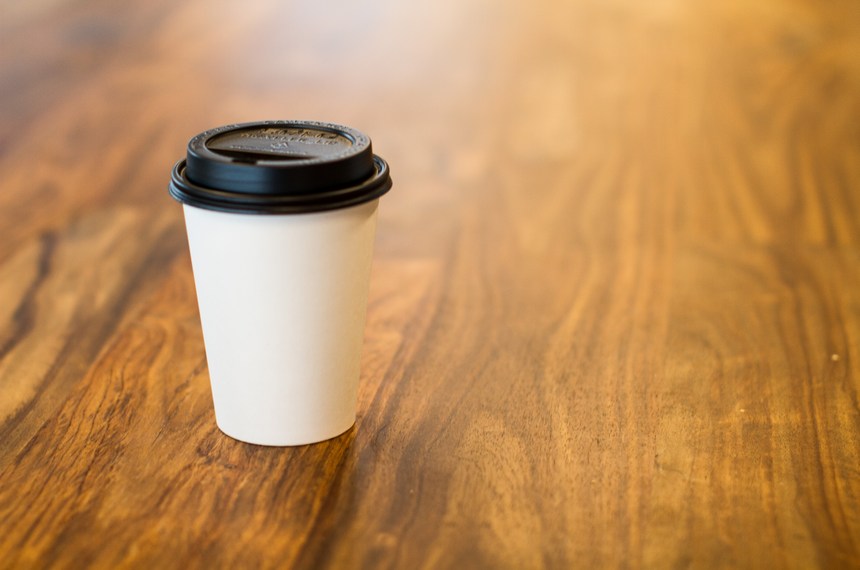
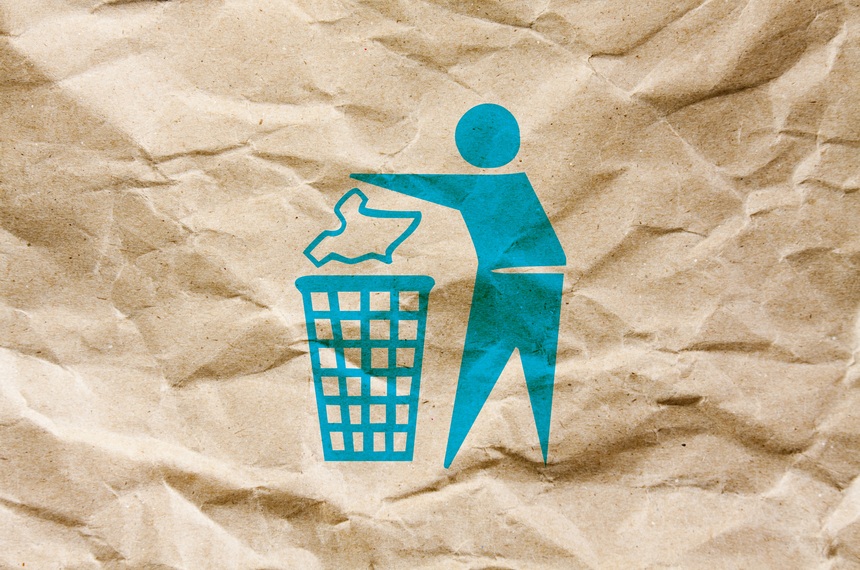
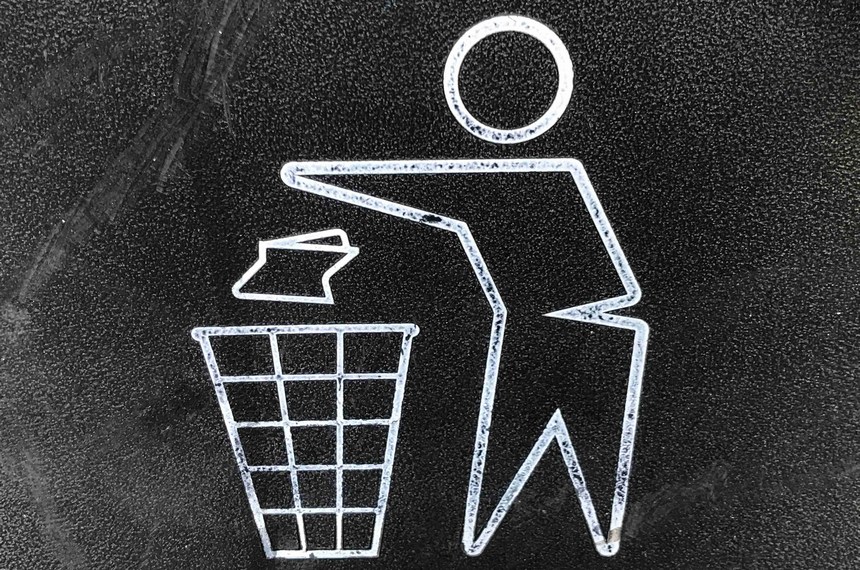
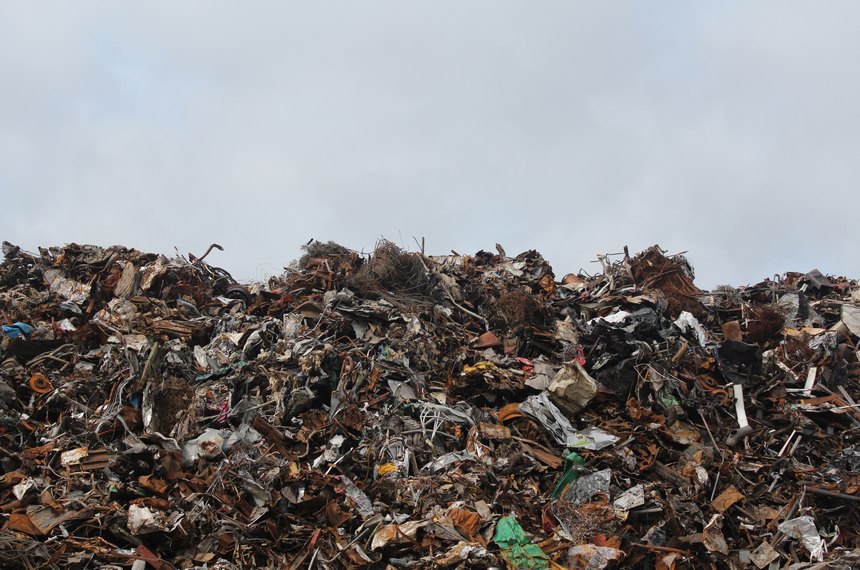
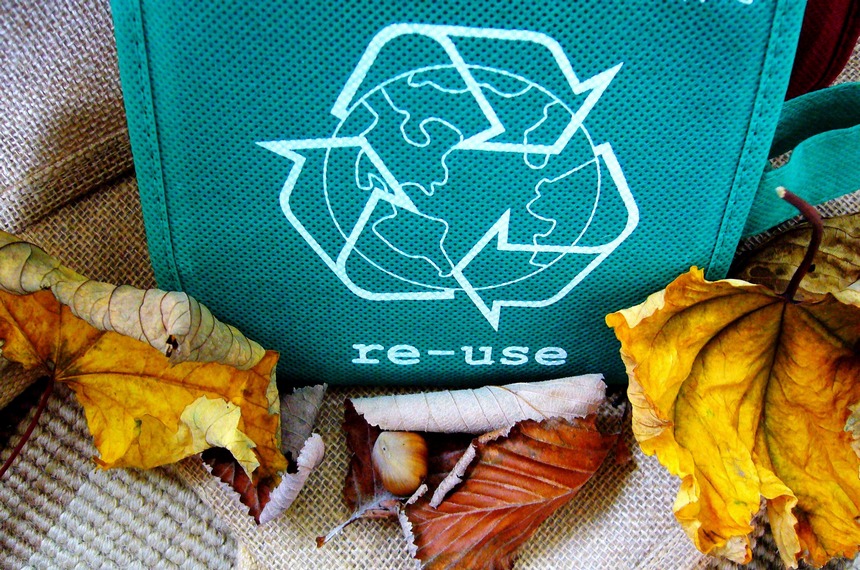
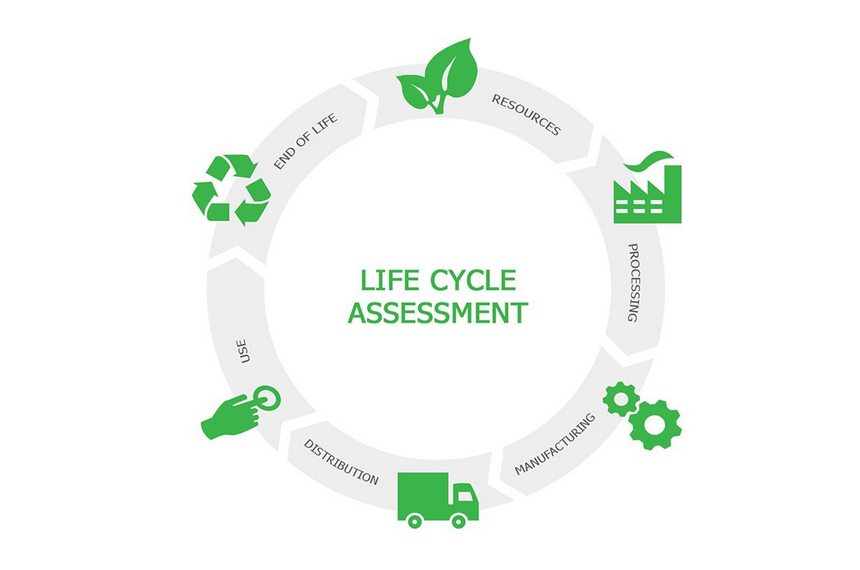
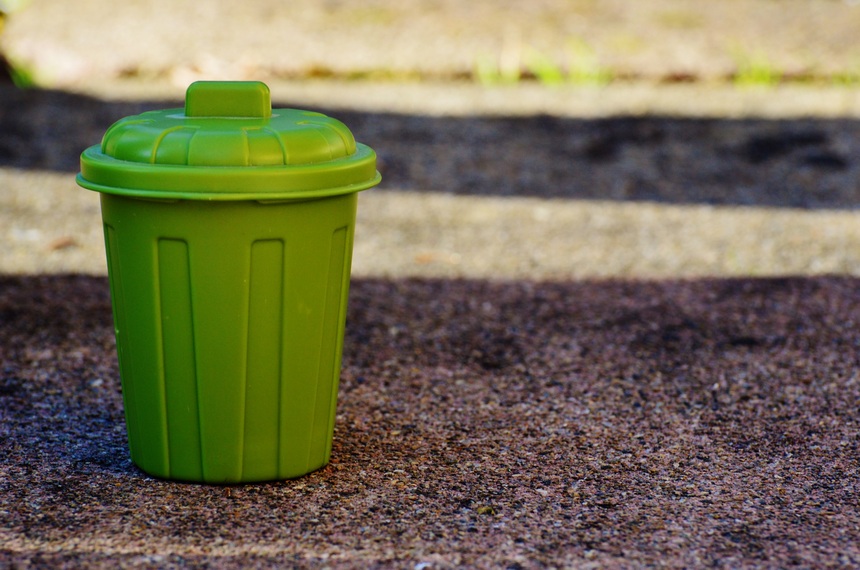
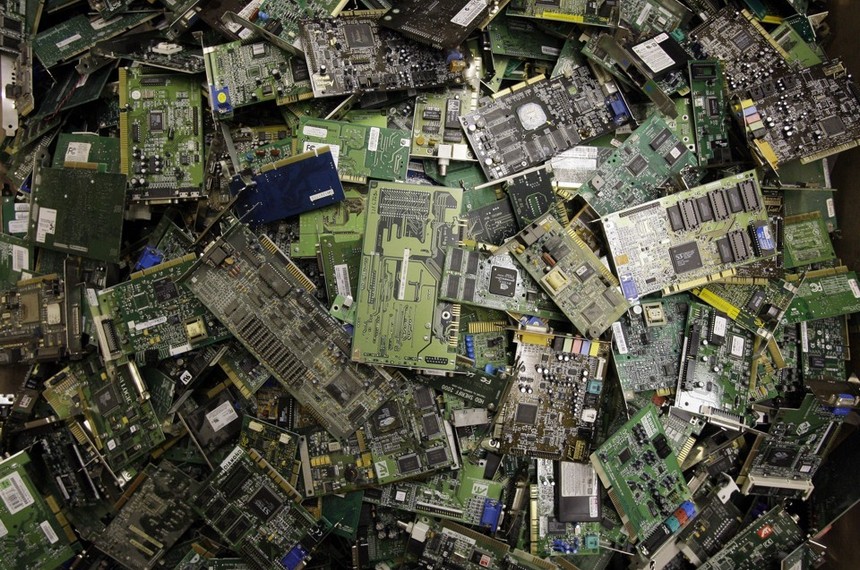
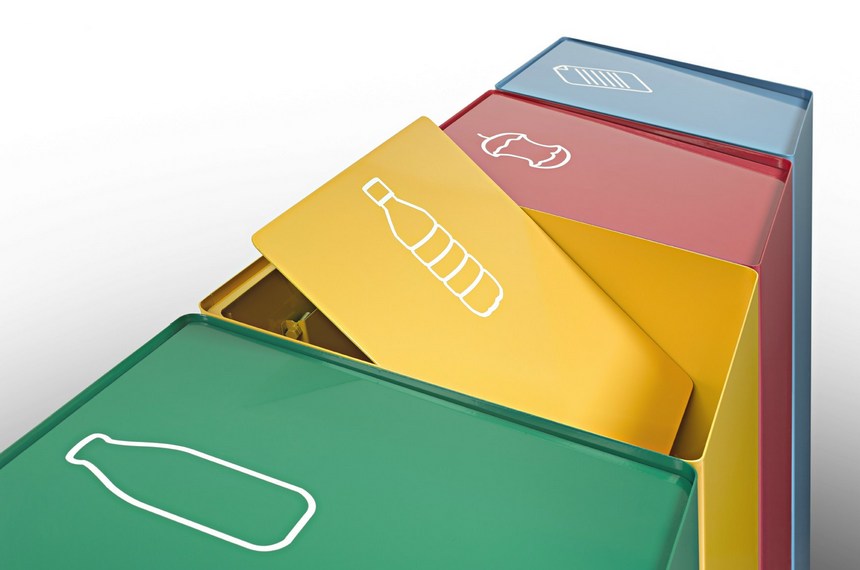
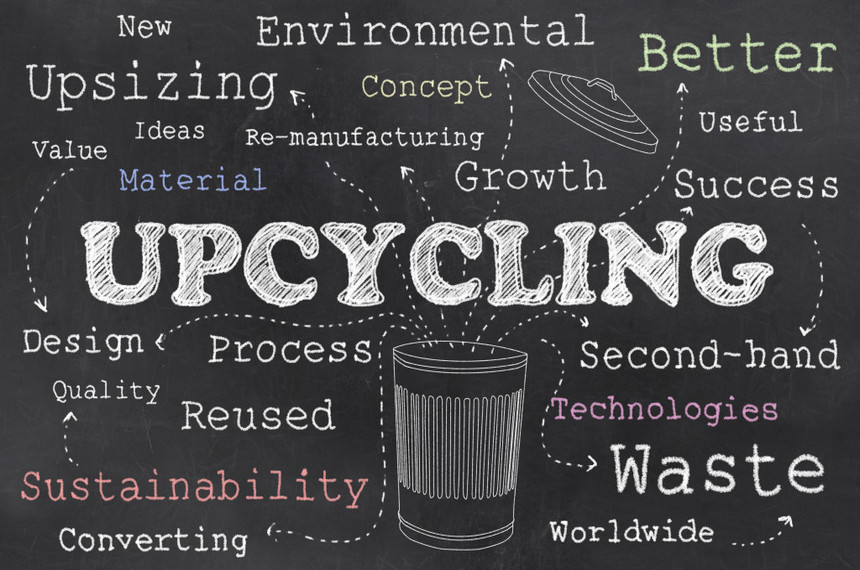
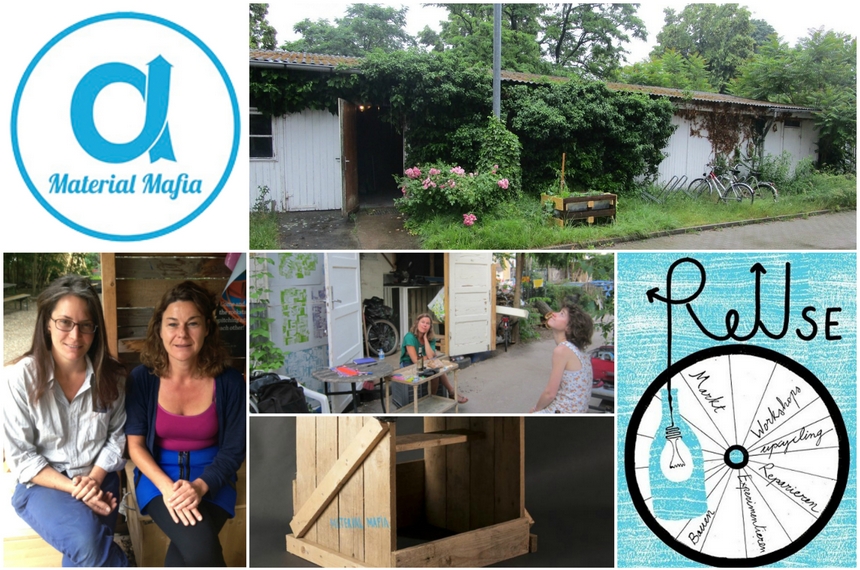
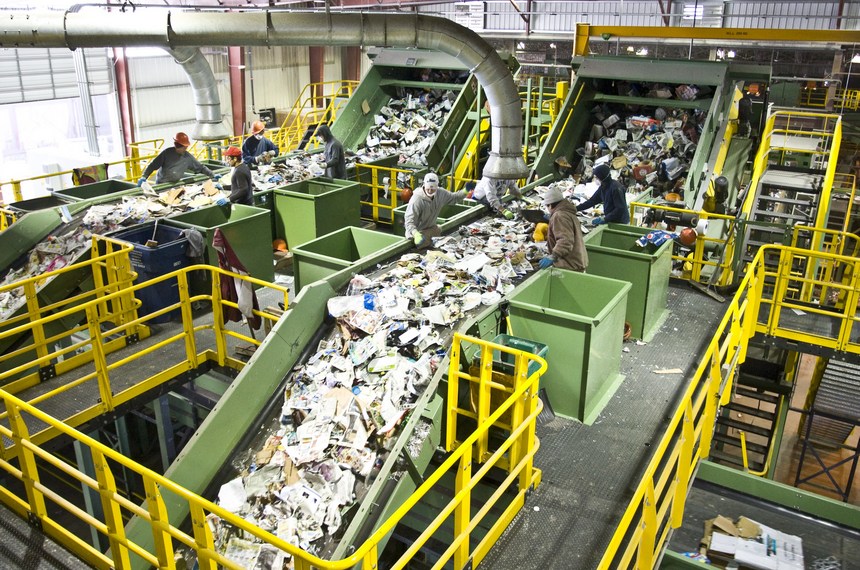
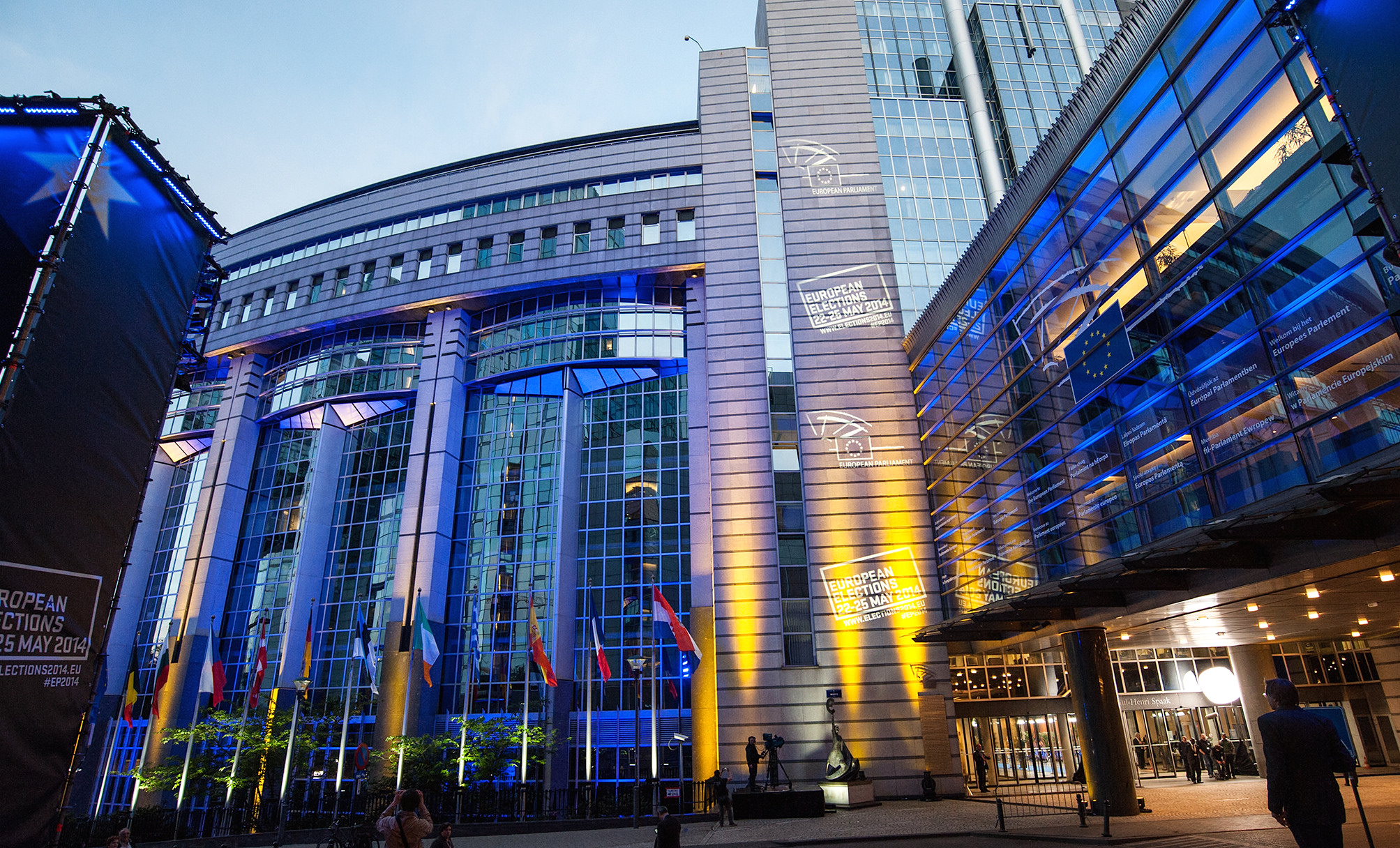

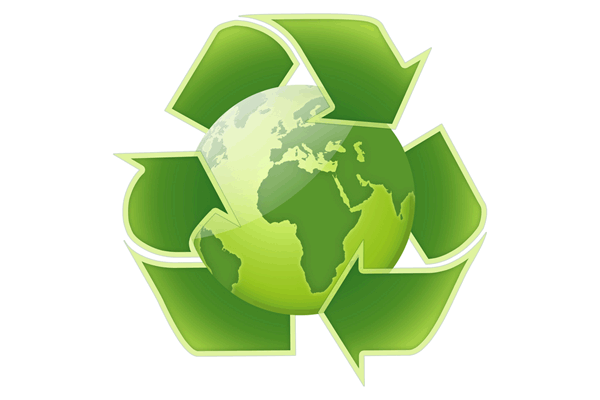
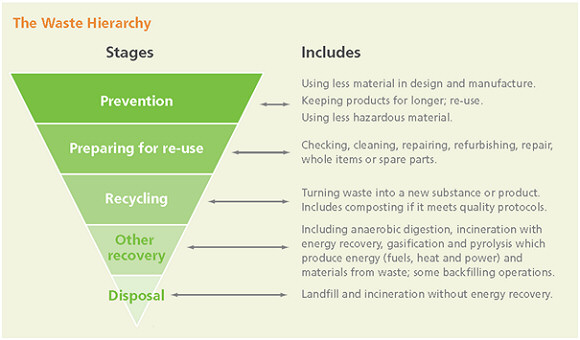
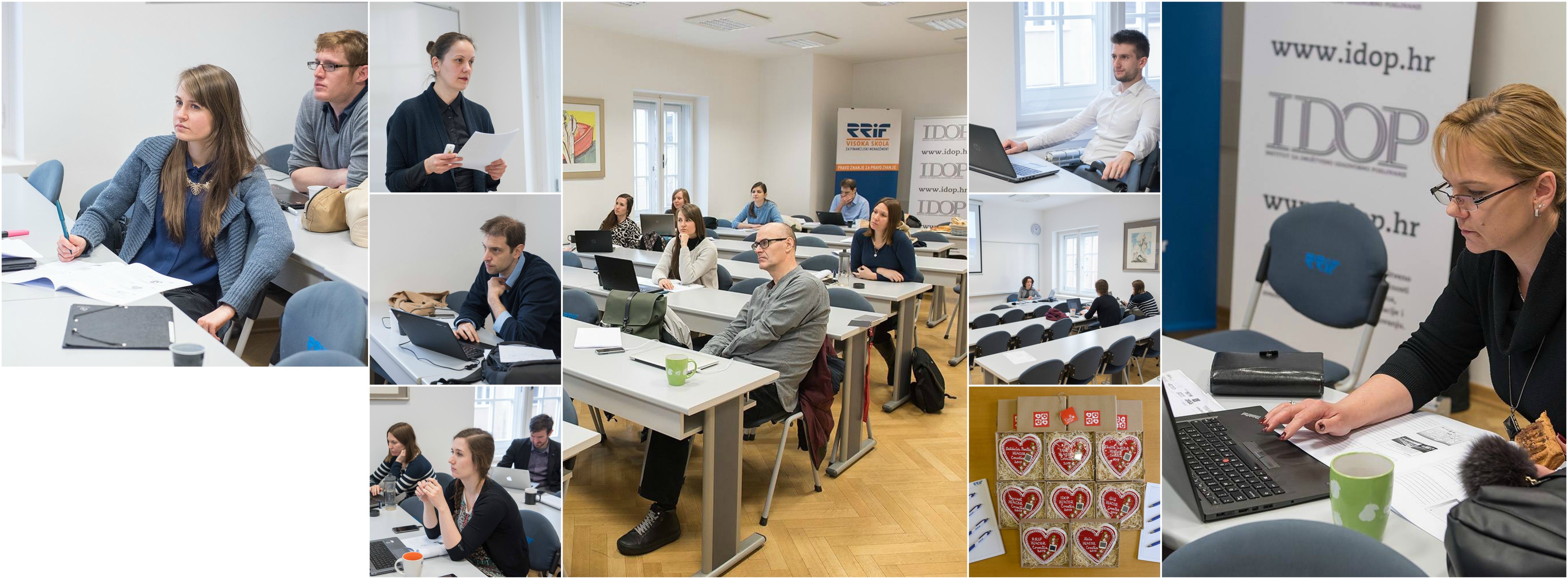
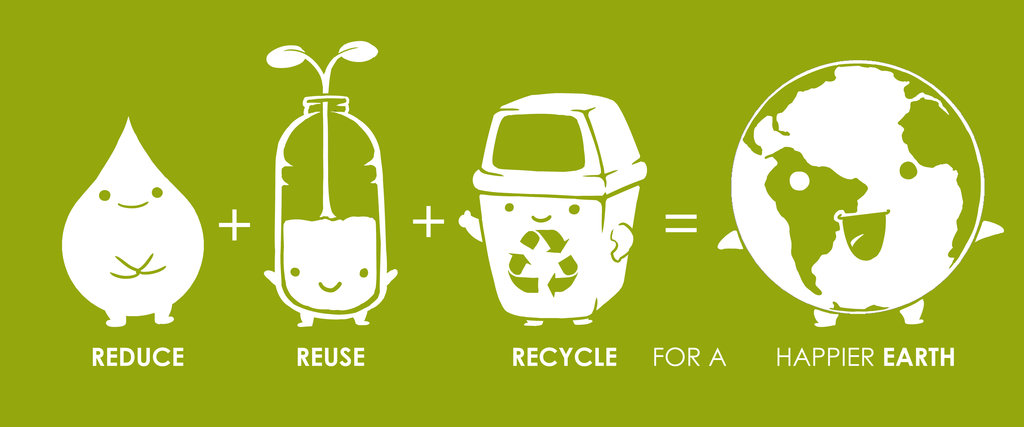

Follow us on